Hey!
Today, we will discuss the AMD Ryzen 7 8700G, the most powerful processor in the 8000G series. It was launched in January 2024. We will cover the key points of this processor. If you want to read a full in-depth review, the links below are for you. Read our article for better understanding.
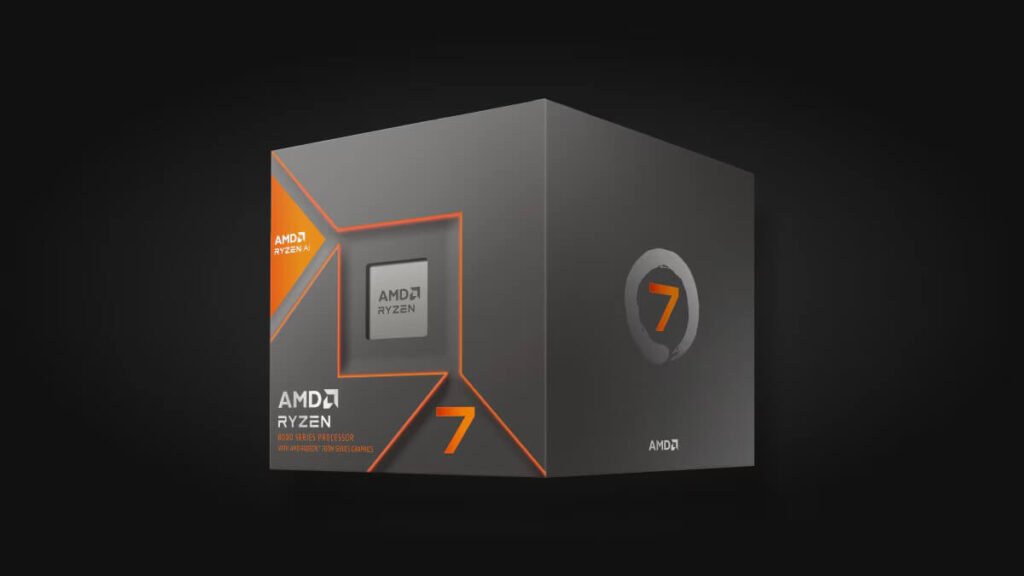
Lets Start !
Category | Specification |
Processor Type | Desktop |
Architecture | AMD Zen 4 (Phoenix) |
Fabrication Process | 4 nm |
Cores / Threads | 8 Cores / 16 Threads |
Base Clock | 4.2 GHz |
Boost Clock | Up to 5.1 GHz |
Cache | 64 KB per core 1 MB per core |
TDP | 65W (Configurable down to 45W) |
Integrated Graphics | AMD Radeon 780M |
Graphics Frequency | Up to 2900 MHz |
Memory Support | DDR5, Dual-Channel, 5200 MT/s (native) |
PCIe Support | PCIe 4.0, 20 lanes |
Socket | AMD Socket AM5 |
Included Cooler | Wraith Spire |
Launch Price | $329 |
Release Date | January 2024 |

Performance
The Ryzen 7 8700G boasts 8 cores and 16 threads, making it well-suited for multitasking, content creation, and gaming. Its 5.1 GHz boost clock ensures responsive performance in demanding applications, while the Zen 4 architecture delivers improved IPC (Instructions Per Clock) compared to previous generations.
Integrated Graphics: Radeon 780M
The inclusion of Radeon 780M graphics based on AMD’s RDNA 3 architecture makes the Ryzen 7 8700G stand out. This integrated GPU offers enough power to handle eSports titles and casual gaming at 1080p, as well as accelerated performance for video editing and media playback. While it can’t replace a dedicated GPU for high-end gaming, it provides excellent value for users building compact or budget-friendly systems.
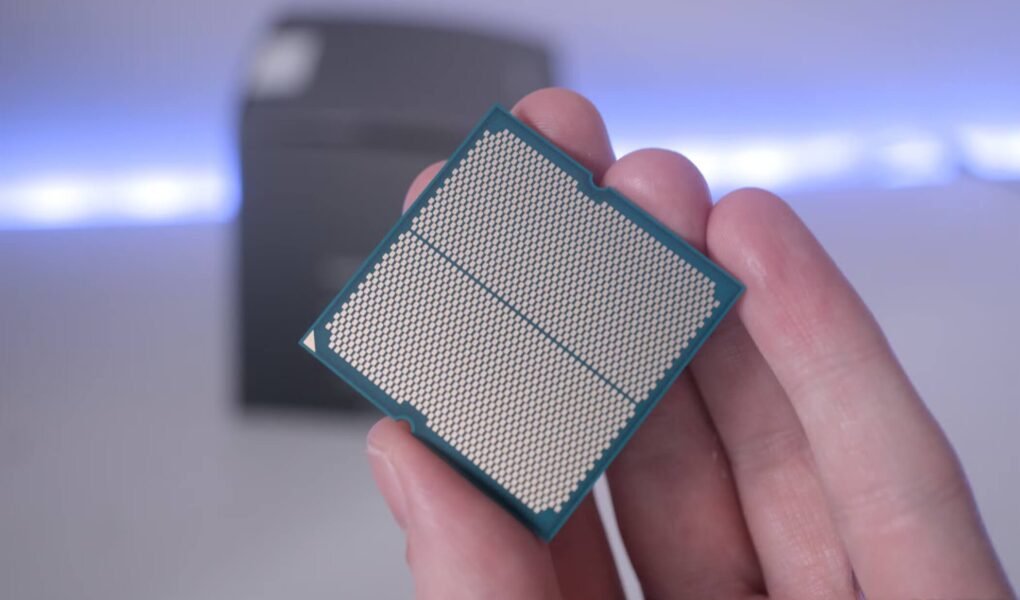
Energy Efficiency
With a 65W TDP, the Ryzen 7 8700G balances performance and energy efficiency, making it ideal for desktops with limited cooling capabilities or systems where power consumption is a priority. This efficiency also translates to quieter operation and lower heat output, benefiting users in small form-factor PCs or fanless systems.
Memory and Connectivity
The processor supports DDR5 memory with speeds up to 5200 MT/s, allowing for faster data transfers and improved multitasking. It also features PCIe 4.0 support, ensuring compatibility with the latest SSDs and GPUs for high-speed data and graphics performance.

Use Cases
- Everyday Productivity
The Ryzen 7 8700G excels in handling tasks like web browsing, office applications, and light multitasking, providing snappy performance for general workloads.
- Light Gaming
The integrated Radeon 780M delivers smooth frame rates in popular games like Valorant, Fortnite, and League of Legends at 1080p, making it a great choice for casual gamers.
- Content Creation
With 8 cores, 16 threads, and integrated GPU acceleration, the Ryzen 7 8700G can handle photo editing, 1080p video editing, and light 3D rendering.
- Compact Builds
The low TDP and integrated graphics make this processor perfect for small form-factor PCs, home theater PCs, and energy-efficient setups.
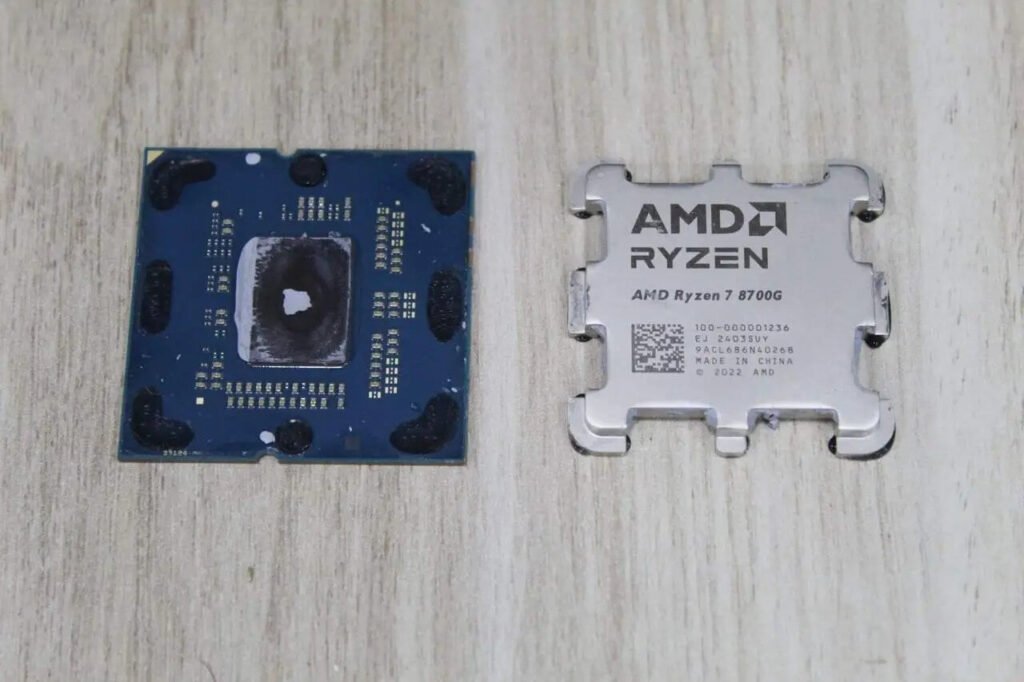
Pros and Cons
Pros
- 8 cores and 16 threads for excellent multitasking
- Radeon 780M graphics for light gaming and media acceleration
- Energy-efficient 65W TDP
- Zen 4 architecture with improved performance
- PCIe 4.0 and DDR5 support for future-proofing
Cons
- Limited performance for demanding 4K gaming
- No PCIe Gen 5.0 support
- Not ideal for heavy professional workloads like 4K video editing or advanced 3D rendering without a discrete GPU


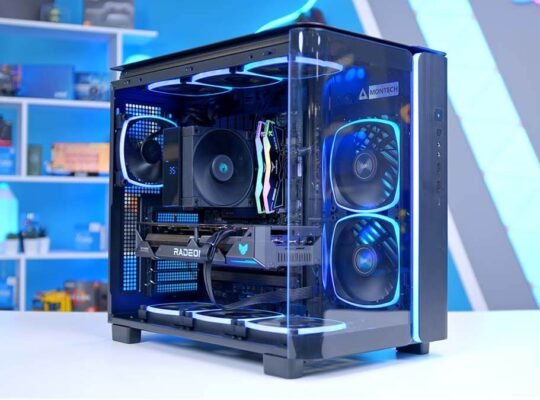
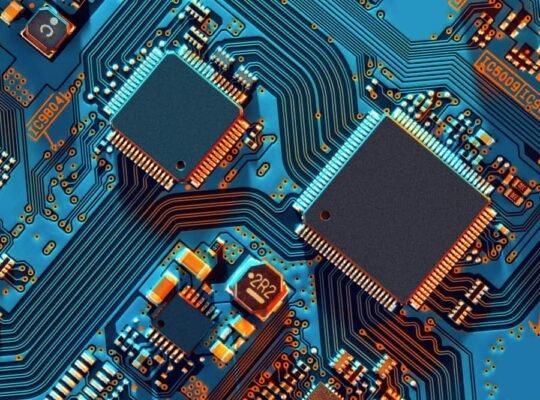
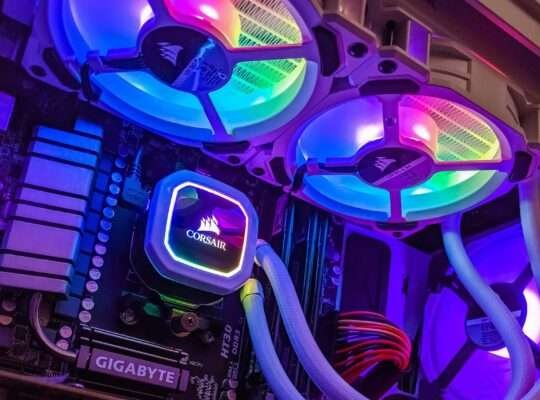

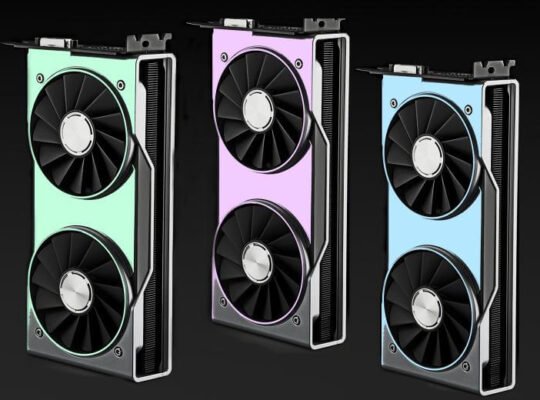
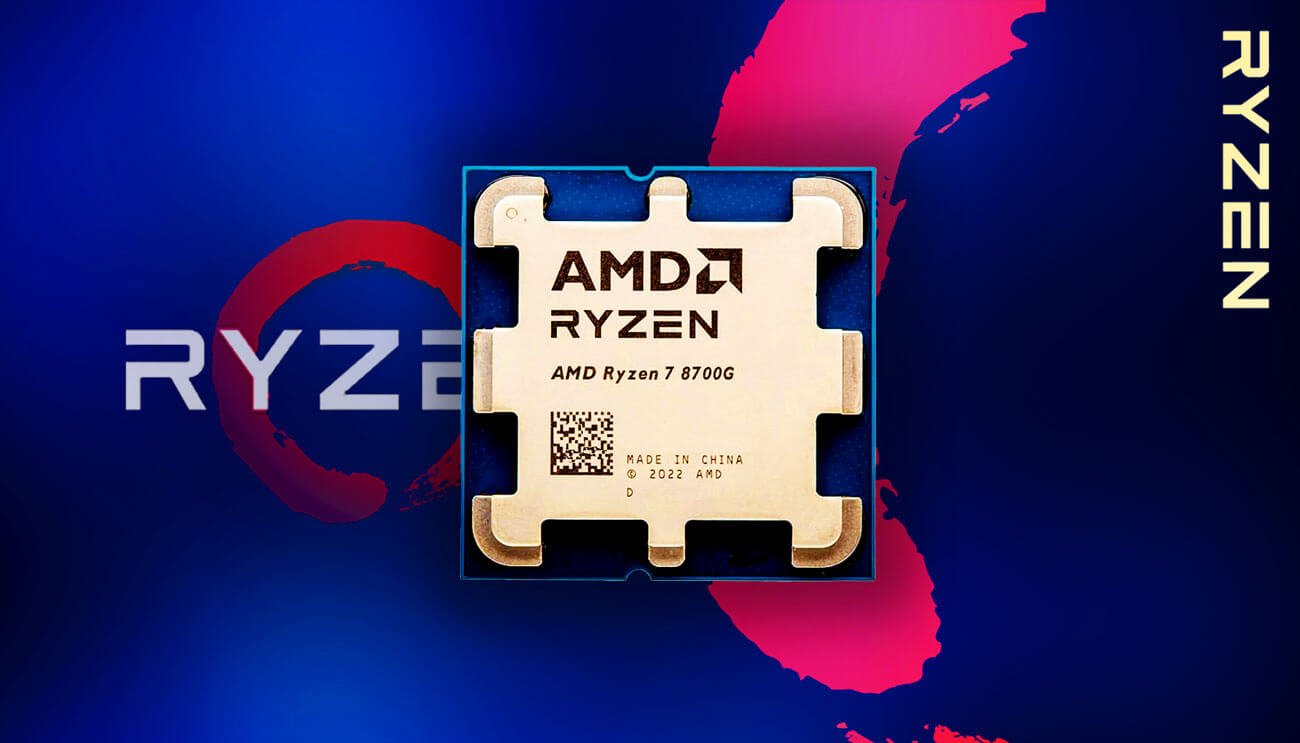
9 Comments